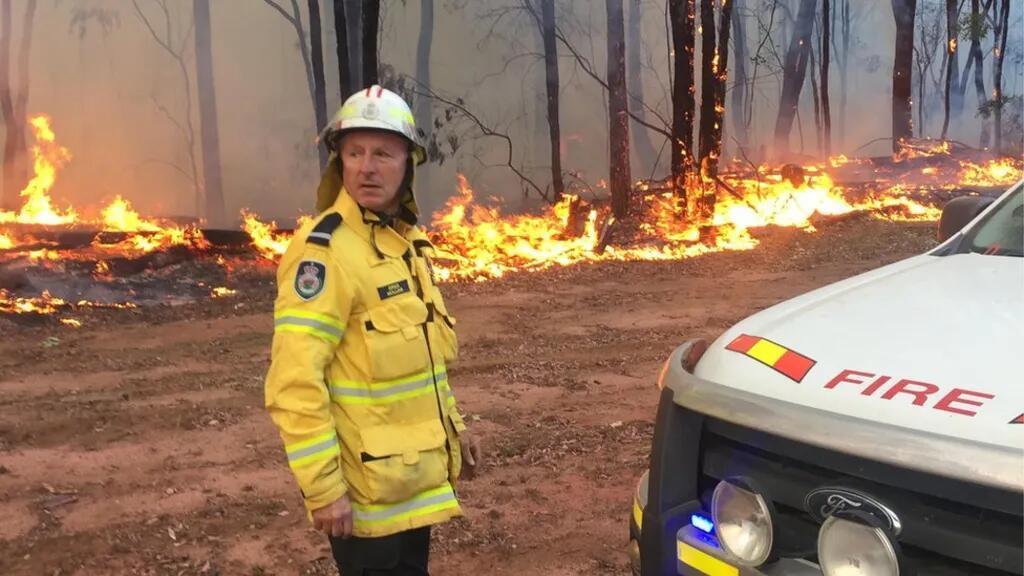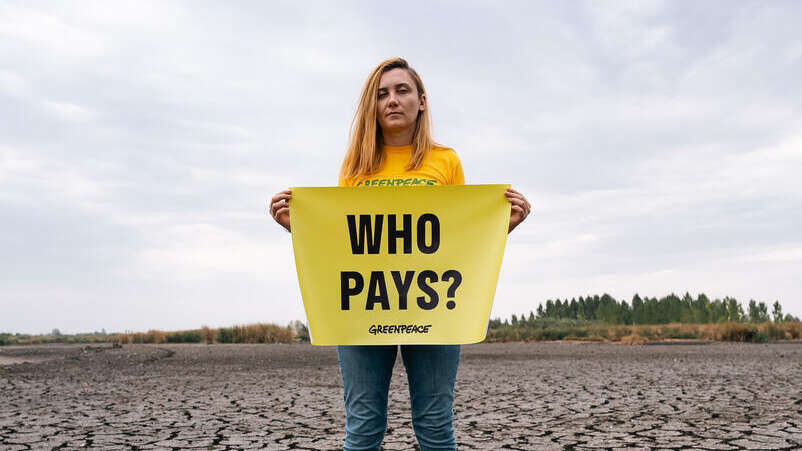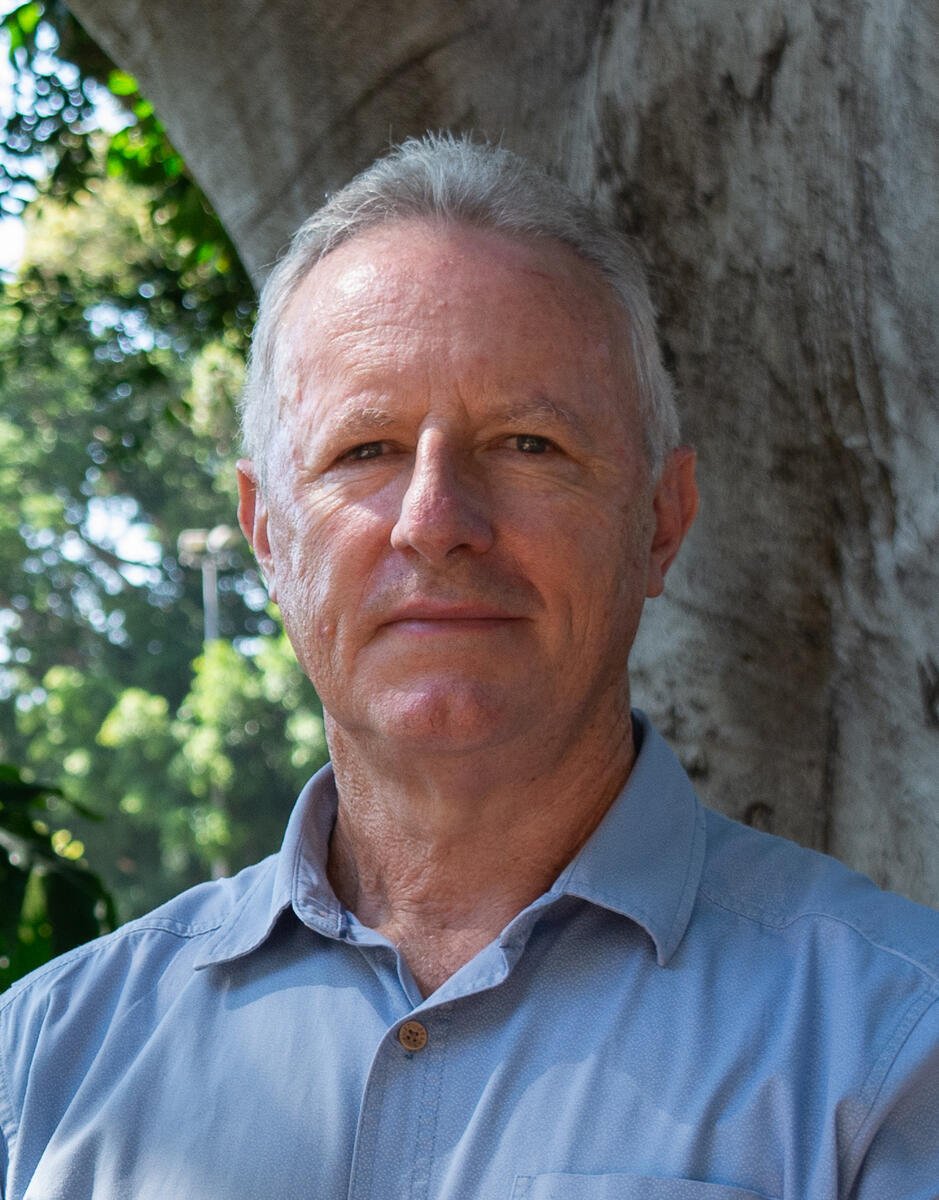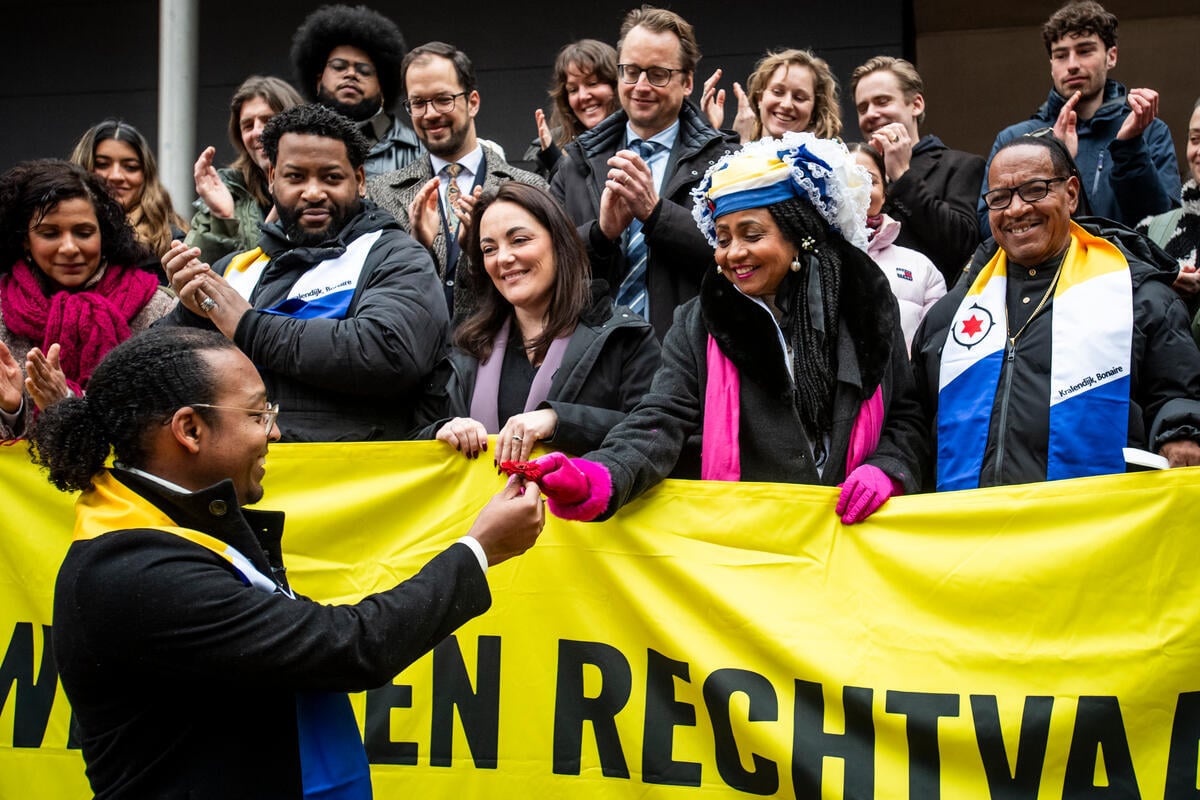 © Emergency Leaders for Climate Action (ELCA)
© Emergency Leaders for Climate Action (ELCA)Protection, courage, kindness, fairness – these are words I think of when I imagine firefighters and emergency relief workers. Stepping up and ready to put themselves at risk to protect people and the environment when disaster strikes.
Disasters such as fires, heatwaves, floods, avalanches, and typhoons are becoming more frequent and severe as the climate warms. Fire chiefs worldwide have emphasised the increasing risks of climate change and the necessity for strategic planning, cooperation, and resources to enhance fire and rescue departments globally.
The United Nations Environment Programme warns that the frequency of wildfires might increase by 50 per cent by the end of the century. It further calls on governments “to radically shift their investments in wildfires to focus on prevention and preparedness.”
But the sad truth is that emergency services around the world remain underfunded and overstretched. Those brave people who are stepping up to help experience stress and exhaustion. All the while, shareholders and CEOs of fossil fuel corporations sit back and rake in unimaginable profits. The contrast could not be more stark.
First responders and trainers have been among the first to join the Polluter Pays Pact. An initiative to make fossil fuel corporations, not people, pay for the climate crisis.

Sign the pact, record your story. Join the global movement to make polluters pay.
Join the movementOur vision is that governments shift rapidly and responsibly away from dirty energy sources like oil, gas, and coal to avoid even worse extreme weather in the future. At the same time, all first responder services must be well funded. We should invest in adaptation and the services we rely on when climate disasters occur. It is those who are most vulnerable and least responsible for climate change who should receive the most support.
And how to pay for that? Let’s start by recovering the money due from the oil and gas companies that have profited for decades from climate pollution.
Fire Brigades Union (United Kingdom)

“While oil and gas giants profit from pollution, firefighters are left to deal with the sharp end of the climate crisis – and all too often without the resources they need to protect lives.
It’s frontline workers and vulnerable communities paying the price. Governments must get serious: make polluters pay, fund public services, and back a transition to clean, green energy.
The UK and global leaders must be braver and bolder in holding polluters to account, starting with signing up to the principles set out in the Polluters Pay Pact.”
Greg Mullins (Australia)
 © Greenpeace
© Greenpeace“I have fought fires for over 50 years and have seen firsthand how climate pollution is supercharging fires in Australia and across the globe.
The 2019-20 Black Summer bushfires devastated communities across Australia and stretched emergency services to their limit. This year, extreme fires fuelled by climate pollution have ripped through Los Angeles in the US, Japan and South Korea. Fires are burning at times when they haven’t burnt before, and in places that communities and emergency services aren’t prepared for.
The costs are escalating. Climate disasters are destroying the environment and taking lives. It is time that companies making huge profits from polluting coal, oil and gas – start to pay for the damage they are doing.”

 © Greenpeace
© Greenpeace

 © Ivan Donchev / Greenpeace
© Ivan Donchev / Greenpeace

